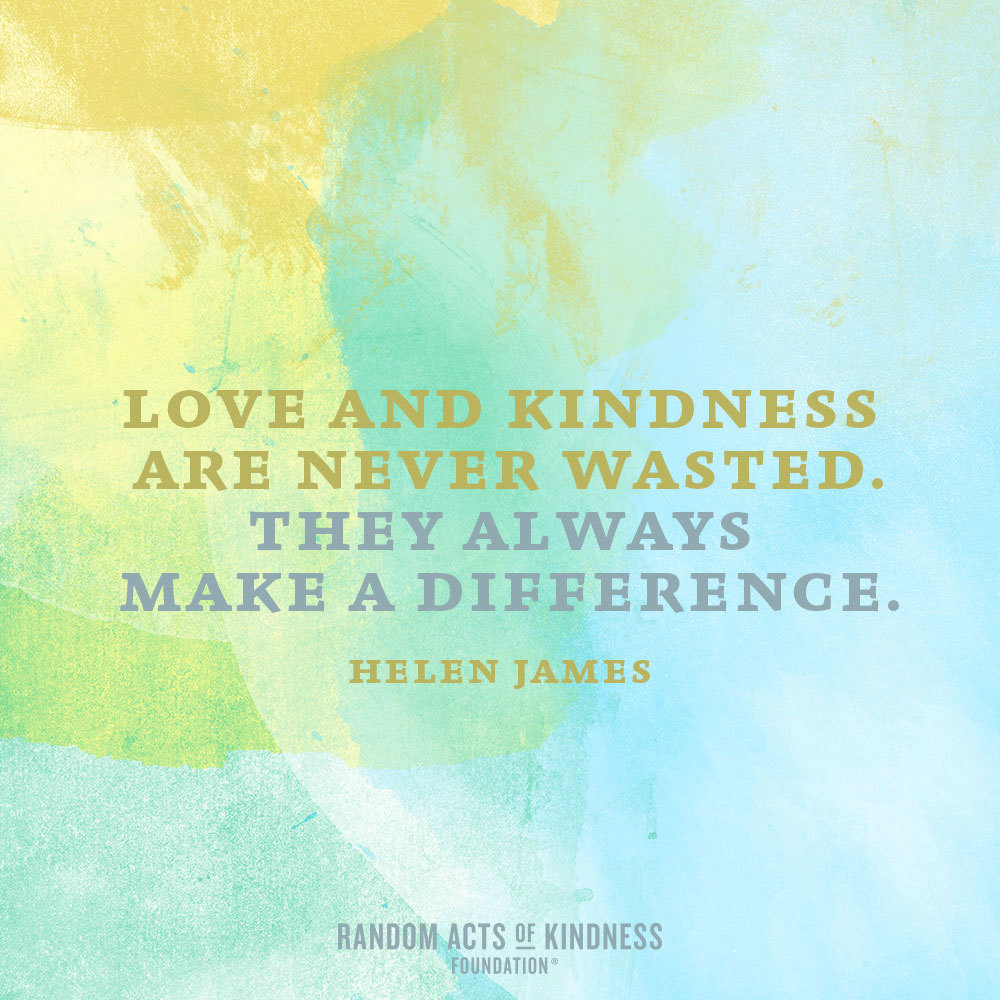Google ‘mindfulness’ and you’re going to see half a billion search results. There are many different (mis)interpretations of what, at face value, is actually quite simple. Mindfulness is the basic human ability to be aware of how we experience life, without judging or jumping to conclusions about what that experience means. You already possess the capacity for mindfulness; we all do. It’s one of the things that sets humans apart from animals and other creatures. Mindfulness is what allows us to be fully present, aware of where we are and what we’re doing, while not becoming reactive or overwhelmed by our experience.
Mindfulness has a variety of benefits, including reducing depression, anxiety and stress. It can enhance performance of a task, provide insight and awareness about our habitual, unhelpful patterns and increase in positive emotions.
Studies have shown how mindfulness has a positive impact on the immune system. It also improves our capacity to be attuned to the well-being of those we care about. Most people incorrectly equate mindfulness with formal meditation practice. Mindfulness is innate in all of us, whereas meditation is just one of the ways that we can train and develop this capacity. Mindfulness involves bringing a relaxed awareness and presence to all activities in our daily life. Like any other skill, it takes time and dedication to develop and an experienced and embodied coach or teacher to help support.




